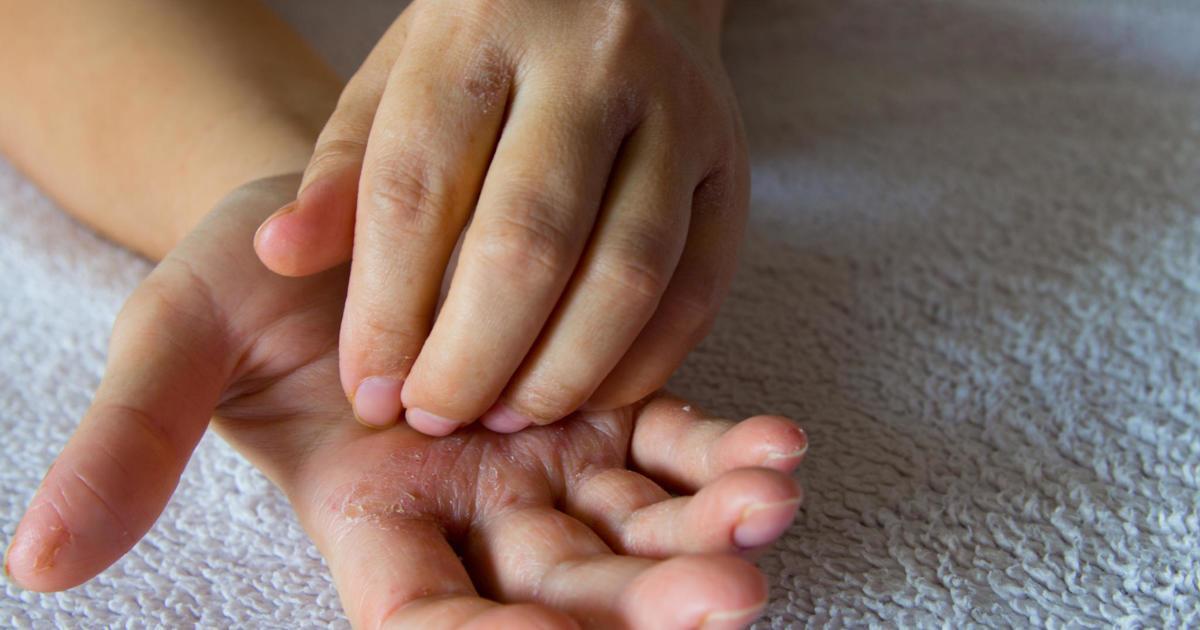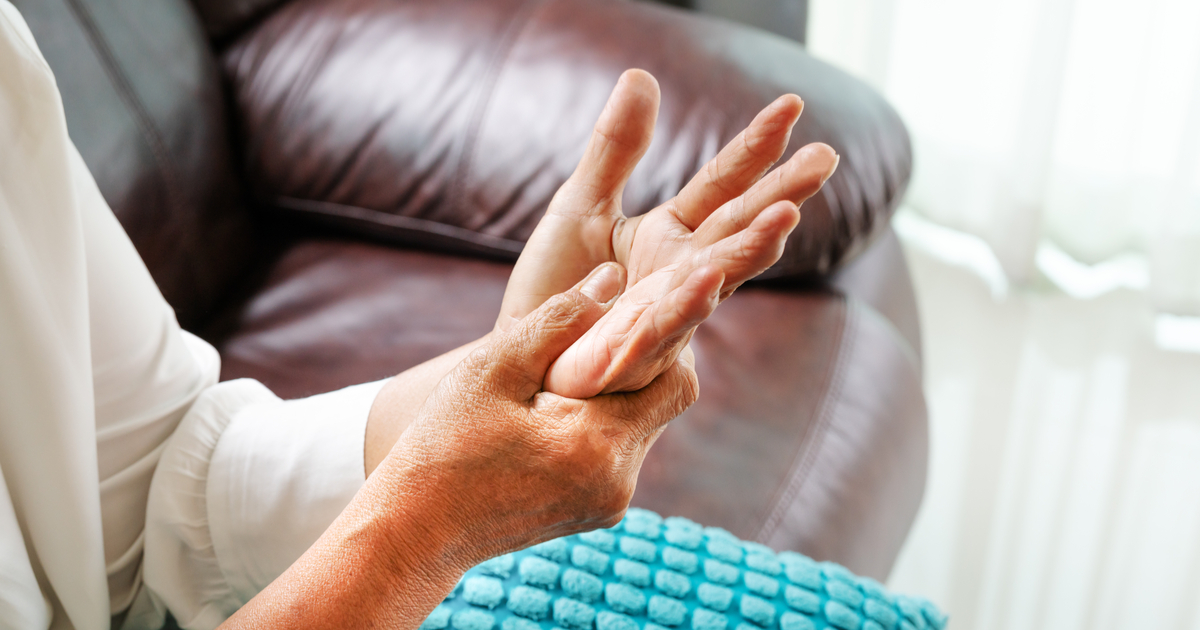How Shea Butter Benefits Health
Shea butter is derived from shea nuts of Vitellaria paradoxa, a tree native to the continent of Africa. Shea butter bears a color described as a mixture of white and ivory, and it mostly consists of different fats. In addition, it contains quite a lot of nutrients and vitamins, including vitamin A, vitamin E, and vitamin F. Furthermore, it is reported using shea butter on a regular basis has some incredible health benefits. In addition to this, shea butter is widely used as an ingredient in beauty and skin products, particularly creams and lotions.
Below are details on some health benefits of using shea butter.
Reduces Inflammation

Several studies suggest using shea butter reduces inflammation. In a 2012 trial, shea butter was shown to inhibit the activity of pro-inflammatory enzymes and other substances through the lipopolysaccharide-activated J774 macrophage cell line. Another study, conducted from April 2013 to March 2014, found a cream containing shea butter extract improved symptoms of atopic dermatitis, an inflammatory skin condition.
Shea butter happens to be a rich source of substances called triterpenes, which are thought to be the explanation for its anti-inflammatory properties. One of the main triterpenes in shea butter is lupeol. A 2001 study followed the effects of lupeol, with lupeol linoleate, on rats with adjuvant arthritis. Both triterpenes reduced paw swelling. Lupeol was also used as a component in a shea nut oil extract for a 2016 study featuring rats with osteoarthritis. The substance displayed anti-inflammatory effects by easing swelling of the knee joints. Researchers are still investigating how lupeol, as well as other shea butter compounds, can be an effective treatment against inflammation.
Learn more about the health benefits of shea butter now.
Lessens Bags And Wrinkles

It is also suggested using shea butter lessens bags and wrinkles, which are common signs of aging. A few studies show lupeol may stimulate the production of collagen, the body's most plentiful protein that keeps the skin firm and youthful looking. Less collagen is produced as the body ages. In a 1999 study with rats, lupeol, with lupeol linoleate, reversed the reduction effects of rheumatoid arthritis on collagen production. Another study from 2008 found lupeol stimulated the production of high-quality type I collagen, thus improving skin elasticity in an aging adult.
In addition, shea butter is a good source of nutrients such as vitamin A and vitamin E. Vitamin E helps protect against skin cell damage from free radicals. As shown in a 2000 study, vitamin A may help increase collagen. The study featured fifty-three participants of various ages below eighteen years old. Topical application with vitamin A stimulated cell growth and collagen production within sun-protected aged skin.
Uncover more ways in which shea butter benefits health.
Benefits Scarring

Shea butter is also reported to help with scarring. In a 2011 trial, shea butter was one of several substances used to assess effects on keloid fibroblasts. Shea butter, along with the other substances, was found to inhibit the growth of the fibroblasts. Researchers believe shea butter benefits scarring by promoting skin regeneration.
Besides being a major source of vitamins, shea butter is rich in fatty acids, which consist of linoleic, palmitic, stearic, and oleic acid. One study showed oleic acid helped inhibit the proliferation of scar fibroblasts. On the other hand, it inhibited the proliferation of normal fibroblasts. In another study, a solution containing oleic acid was found to be more effective than a tranilast in treating hypertrophic and keloid scars in rats. A recent study from 2017 focused on the effects of combined oleic and linoleic acids on non-hypertrophic scars and stretch marks. The participants who had scars applied the solution for eight weeks. The solution reduced the appearance of scars in most participants.
Get the details on the next health benefit of shea butter now.
Soothes Eczema

Due to its anti-inflammatory properties, shea butter soothes eczema. Eczema refers to patches on the skin that are swollen, red, flaky, and itchy. Shea butter acts as an emollient, making the skin soft. Shea butter's benefits for sensitive skin are shown in a 2006 study documenting the effects of a nonsteroidal barrier repair cream containing shea butter as one of the ingredients. The study featured 218 adults with mild to moderate atopic dermatitis. The participants applied the cream three times daily for fifty days. Results led researchers to conclude the cream was a safe and effective treatment for mild to moderate atopic dermatitis.
Promising results are also shown in a different study from 2016. The study emphasized the effects of a moisturizer also including shea butter as an ingredient. Participants with mild to moderate eczema were asked to apply the moisturizer three times per day for two weeks. They saw great improvement in symptoms such as itching, skin appearance, and dryness.
Discover more ways in which using shea butter can benefit health now.
Relieves Arthritis

Another reported benefit for shea butter is it relieves arthritis symptoms. Arthritis occurs when one or more of the body's joints become swollen. Several of the fatty acids in shea butter have been demonstrated to be useful in treating arthritis symptoms.
A 2016 review mentions a study focusing on oleic acid-enriched fish oil's effects on rheumatoid arthritis. Participants of the study saw a reduction in symptoms within three months. An earlier study noted changes with rheumatoid arthritis participants that took olive oil capsules with 6.8 grams of oleic acid. The capsules reduction in swelling and tenderness of the joints. Vitamin E, another component of shea butter, has also been shown to be beneficial for arthritis. However, this information is limited.